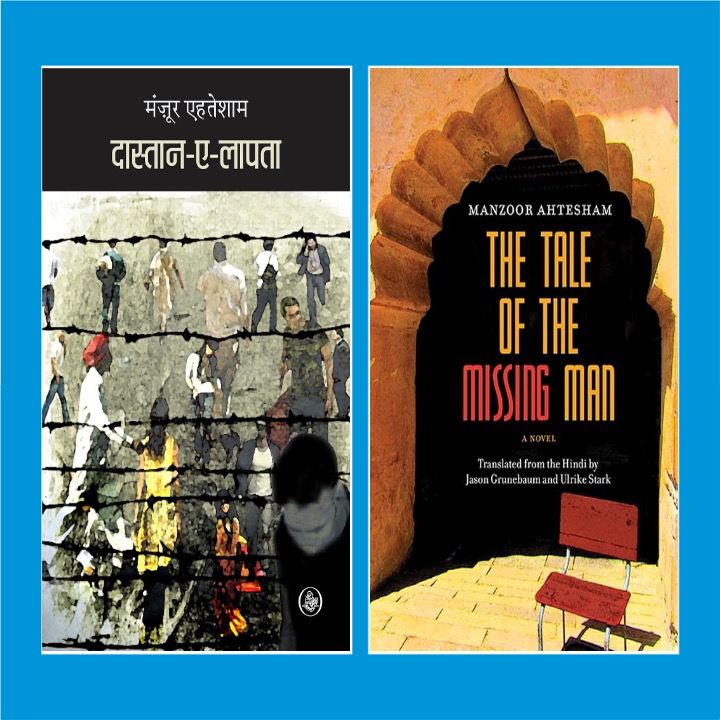दास्तान ए लापता
Winner of the Global Humanities Translation Prize
The Tale of the Missing Man (Dastan-e Lapata) is a milestone in Indo-Muslim literature. A refreshingly playful novel, it explores modern Muslim life in the wake of the 1947 partition of India and Pakistan. Zamir Ahmad Khan suffers from a mix of alienation, guilt, and postmodern anxiety that defies diagnosis. His wife abandons him to his reflections about his childhood, writing, ill-fated affairs, and his hometown, Bhopal, as he attempts to unravel the lies that brought him to his current state (while weaving new ones).
A novel of a heroic quest gone awry, The Tale of the Missing Man artfully twists the conventions of the Urdu romance, or dastan, tradition, where heroes chase brave exploits that are invariably rewarded by love. The hero of Ahtesham’s tale, living in the fast-changing city of Bhopal during the 1970s and ’80s, suffers an identity crisis of epic proportions: he is lost, missing, and unknown both to himself and to others. The result is a twofold quest in which the fate of protagonist and writer become inextricably and ironically linked. The lost hero sets out in search of himself, while the author goes in search of the lost hero, his fictionalized alter ego.
Original Publisher : Rajkamal PrakashanPublisher: Northwestern University Press
Translators:
In Manzoor Ahtesham’s charming and thoughtful The Tale of the Missing Man, protagonist Zamir Ahmed Khan has a mysterious illness characterized by debilitating ennui. It has become so bad, in fact, that he’s jobless and his wife and children have left him. Zamir’s story weaves in and out of the past and present—in the present things go slowly from bad to worse, while the past is encumbered by the audience’s knowledge of where it leads. Zamir disappoints himself by falling ever shorter of his Muslim ideals by drinking and having affairs, and although he achieves his goal of having short stories published in literary journals, he uses a pseudonym and never musters up the courage to tell anyone he knows about his success. Set in Bhopal before and after the Union Carbide tragedy, the meaninglessness of his particular sadness feels even more acute, the scorn of the doctors, friends, and family he turns to for help more understandable.

